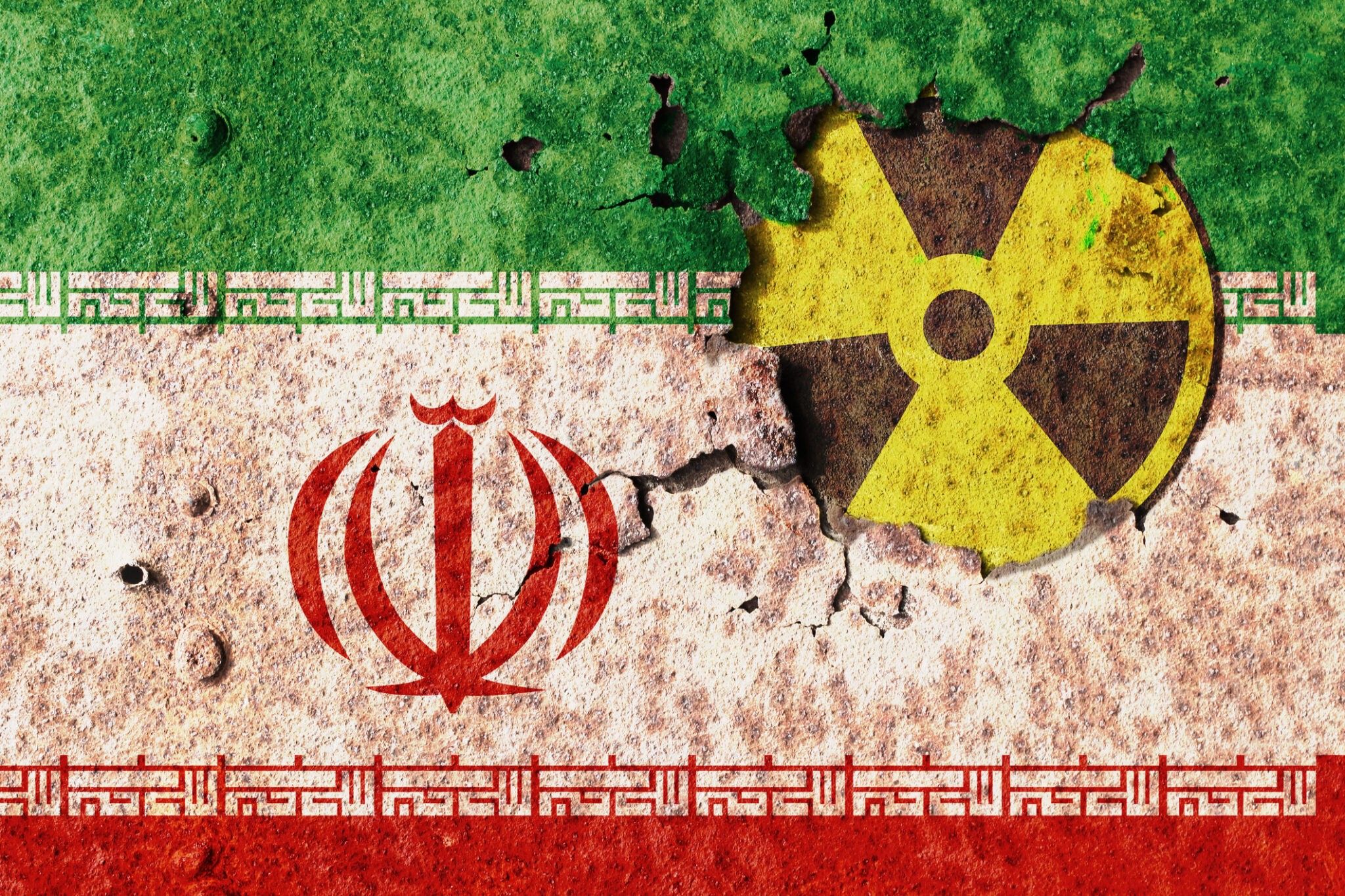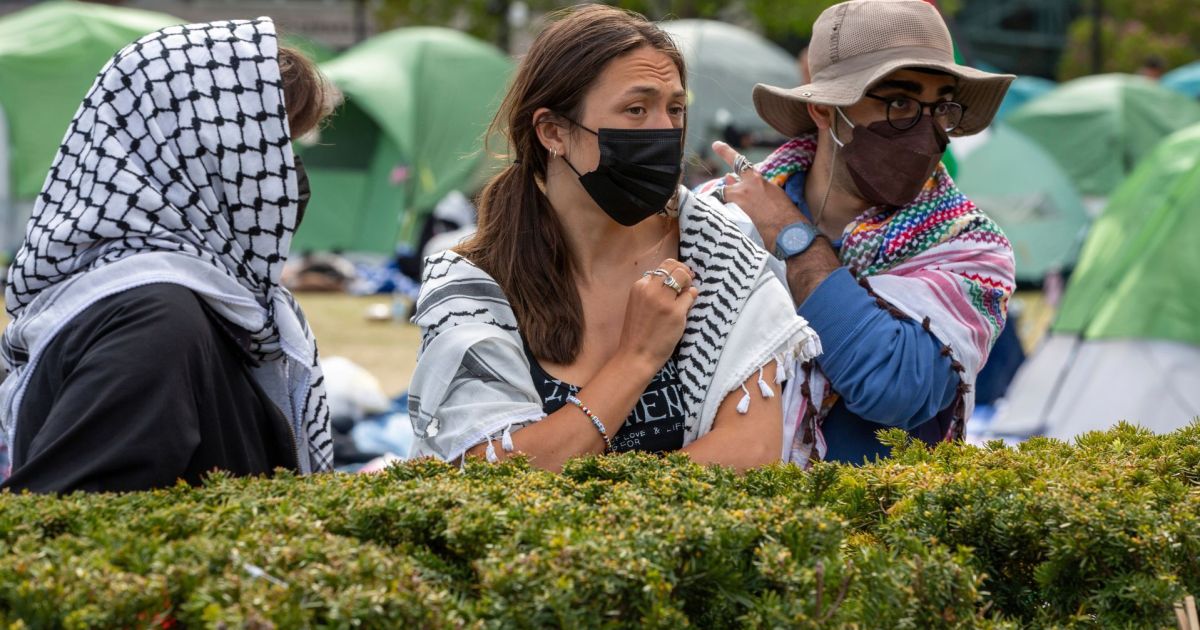Deal or No Deal on Iran’s Nuclear Program?
Bottom Line: After a several-day hiatus brought about by a now-withdrawn Russian demand concerning relief from newly imposed Western sanctions, JCPOA talks appear ready to resume in Vienna. The Wall Street Journal reports that negotiations are facing a remaining hurdle that could derail discussions. At issue is the removal of terrorism sanctions placed on Iran’s Revolutionary Guard force by the US. The Wall Street Journal report calls this perhaps the ‘most politically sensitive’ issue with some US allies like Israel vehemently opposed to removing sanctions. Some US officials say that failure to compromise on this point could result in a breakdown of negotiations. What could this mean for a future deal and how is Russia’s role in negotiations playing out?
Background:
- Iranian Foreign Minister Hossein Amir-Abdollahian said at the conclusion of talks with his Russian counterpart, “If we reach an agreement with the U.S. on remaining issues which relate to some of Iran’s main red lines, based on my talks with Mr. Lavrov today, Russia will remain beside the Islamic Republic of Iran until reaching a good and sustainable agreement, continuing to play the constructive role it has played since the start.”
- For his part, Russian Foreign Minister Sergei Lavrov said, “We have received written guarantees – they are included in the very text of the agreement on reviving the JCPOA, and in these texts there is a reliable defense of all the projects provided for by the JCPOA and those activities – including the linking up of our companies and specialists.”
- Meanwhile, a senior U.S. State Department official said, “We continue to engage with Russia on a return to full implementation of the JCPOA,” adding, “we would of course not sanction Russian participation in nuclear projects that are part of resuming full implementation of the JCPOA.”
The Cipher Brief spoke with Ambassador Gary Grappo, former U.S. Ambassador to Oman and Heather Williams, former acting national intelligence officer for Iran on the National Intelligence Council to get their take on the status of talks.
The Cipher Brief: What were Russia’s objectives in raising sanctions relief related to Ukraine in the context of the JCPOA talks?
Ambassador Gary Grappo, Former U.S. Ambassador to Iran
It’s difficult to see through the smoke of the Ukraine invasion, what the Russian government may be thinking on other urgent foreign policy matters like the JCPOA. The Russian foreign ministry is clueless on the war and what their boss may now be seeking after the setbacks they’ve experienced. Nevertheless, their chief negotiator on the JCPOA had been playing a seemingly constructive role to date. So, it was odd that Russian Foreign Minister Sergei Lavrov made the statement he did after the Russians had pulled this eleventh hour stunt that ended up putting the Americans and the Iranians on the same side, shockingly. Clearly, the Russian gambit to somehow get themselves exempted from the recently imposed sanctions using the JCPOA collapsed and Lavrov needed to come up with an excuse/justification. His interpretation is wholly his own. I suspect the US team may waive comment until the renewed JCPOA is signed and sealed, if indeed that comes to pass. The Russians will find no escape from sanctions and no concessions… and they know it. Had the deal failed to go through because of the Russian ploy, they would have been blamed by all sides, including the Iranians. It was a hail-Mary maneuver that never had a prayer.
Heather Williams, Former Acting National Intelligence Manager for Iran, National Intelligence Council

I would assume that Russia has backed down from their demands about explicit, sweeping guarantees, and reinterpreted the deal’s language in a face-saving way, rather than the U.S. or the EU3 (France, Germany, UK) providing concessions to Russia regarding sanctions it faces because of its actions in Ukraine. Nothing about Lavrov’s statements imply to me that the proposed language being worked out has necessarily changed because of Russia’s recent actions. Since it did sound like agreement on the language had been reached prior to Russia’s efforts to play spoiler, I don’t think that Iran – nor we – would be interested in revisiting that language if we can avoid it. This is a carefully balanced apple cart – no one wants to go poking it.
Read also JCPOA: If we Get an Agreement, What will it Mean? With insights from former National Intelligence Manager for Iran, Norman Roule exclusively in The Cipher Brief
The Cipher Brief: How do you expect JCPOA to proceed? Will the temporary impasse introduced by Russia hang over the continuation of talks, or will it simply be another obstacle solved on the way to an agreement?
Ambassador Grappo: No one in the U.S. administration is talking much about the state of the negotiations other than to say they are close. The Americans’ discipline is both necessary and admirable, given the sensitivity of this matter to so many interests in the U.S. and abroad. Without knowing the U.S. redlines, it’s very hard then, to know where we may be. My own take is that this administration does not wish to suffer the same fate as the Obama administration, i.e., negotiate an agreement that is roundly panned by the Republicans as well as many Democrats and by many of our allies in the Middle East, especially Israel, and then overturned by the next Republican administration. It will, therefore, have to address the time horizons on when various sanctions expire, missiles and Americans held by the Iranian government. I would be very surprised if these three issues did not appear in some form in a newly negotiated JCPOA.
Williams: At this point, it does seem like a resumption of the deal is imminent, despite Russia’s failed attempt to squeeze out self-serving advantage in these final hours of negotiation. I don’t foresee those diplomatic games having a lasting impact on the deal itself, but they—and the attacks in Erbil—are a reminder that the nuclear deal will be jostled by all of the other many contentious issues at play in the region. I consider that a reminder that the ability of the JCPOA to make meaningful advancements in limiting Iran’s nuclear program and ability to develop nuclear weapons—even if it could not also address Iran’s missile capabilities and nefarious regional influence—as a strength rather than a weakness of the nuclear deal. Attempting to solve every contentious issue at play with Iran through negotiations is an impossible task, but addressing this critical issue allows us to focus on leveraging other tools of national power on our other national security interests vis-a-vis Iran.
The Cipher Brief hosts expert-level briefings on national security issues for Subscriber+Members that help provide context around today’s national security issues and what they mean for business. Upgrade your status to Subscriber+ today
The Cipher Brief: There are, of course, other interests and agendas at stake related to JCPOA besides the agreement itself. What are the impacts of domestic and regional politics, proxy and insurgent attacks, and concerns about Iran’s nuclear future on near- and long-term debate, stability, and conflict?
Ambassador Grappo: My own very personal view is that this is an issue [the Biden] administration seems to have pursued diligently and faithfully. To return with no agreement, while disappointing to some party stalwarts, could be easily explained with little near-term domestic political fallout. (However, we should then expect tensions in the Middle East to ratchet up as the Israelis and Saudis take steps to counter the Iranian nuclear threat.) And the administration would be off the hook in terms of Republican opposition, having shown resolve on bottom lines and not “caving in,” as it were. Whereas, a new deal will have to meet some pretty high bars, of which the administration and the negotiating team must be very much aware.
As for Iran’s support for the various malign groups in the region, this is a strategic issue for the Iranians. Making progress on that would require the direct engagement of multiple parties in the region, many of whom do not speak with one another. But establishing some process to finally address that, or least appearing to, would be a significant achievement. But to date, we’ve heard nothing on this matter from any of the negotiators, which is to be expected, given its enormous sensitivity. The U.S. and our allies in the P5+1 (China, France, Russia, United Kingdom, United States—plus Germany) may end up making some sort of joint statement and the Iranians something different, with no clear resolution other than continued efforts, at best. I’m less hopeful on this issue than on the rest.
The piece includes research, analysis and reporting by Cipher Brief Analyst Ken Hughes
Read more expert-driven national security insight, perspective and analysis in The Cipher Brief
Check out our Latest News and Follow us at Facebook
Original Source







